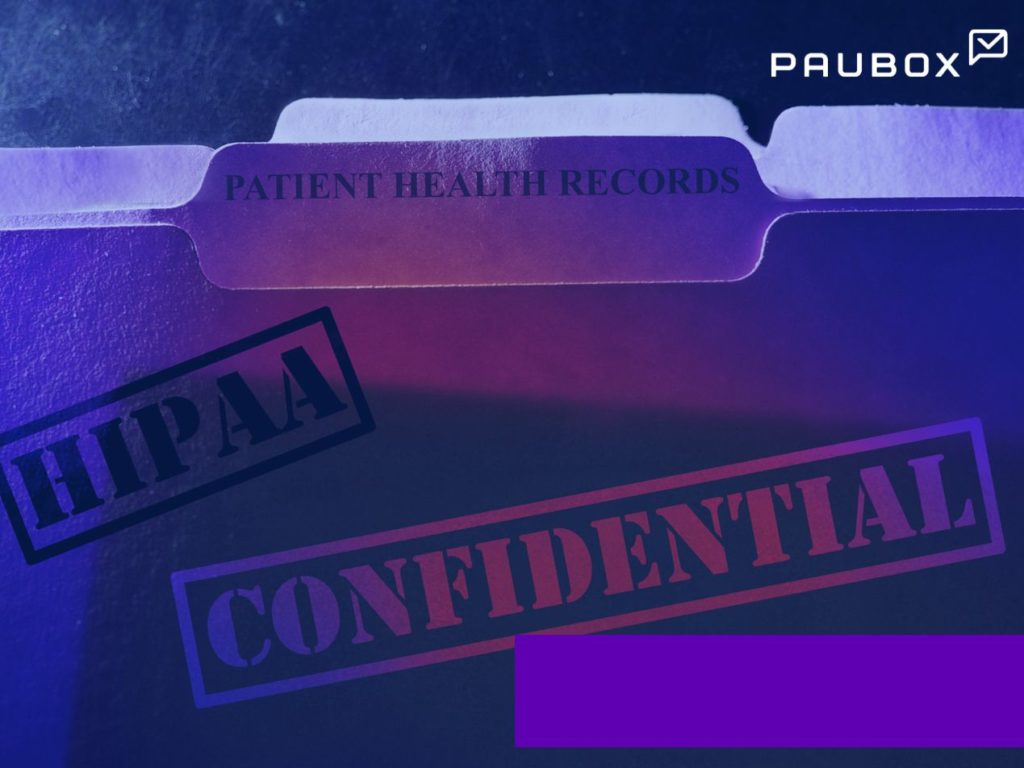
HIPAA primarily focuses on protecting the privacy and security of protected health information (PHI). Within its framework, HIPAA includes data portability requirements that allow individuals to access and transfer their health information from one healthcare provider or health plan to another.
1. Right to access health information
The HIPAA privacy rule allows patients to request a copy of their health records from covered entities, such as healthcare providers or health plans. Covered entities must fulfill these requests within 30 days or 60 days for complex cases.
This data portability provision provides patients with health insights, such as diagnoses, treatment histories, and lab results. With this knowledge, patients can become proactive partners in their healthcare journey.
2. Right to direct transmission of health information
HIPAA's data portability requirements extend beyond access; they also allow patients to control the transmission of their health information. Individuals can direct covered entities to transmit their health records to designated recipients, such as another healthcare provider, a health information exchange, or a personal health record (PHR) platform.
This transmission of health data fosters continuity of care, particularly during healthcare transitions. Patients moving to a new geographic area or seeking specialized care elsewhere can transfer their health records to their new providers.
3. Exceptions to data portability requirements
While HIPAA's data portability requirements are comprehensive, there are specific exceptions designed to protect sensitive information and the integrity of healthcare operations. Covered entities may not be obligated to provide certain types of health information under the following conditions:
- Psychotherapy Notes: Access to psychotherapy notes may be restricted, as these are often treated differently from other medical records.
- Legal Cases: Information compiled in anticipation of, or for use in, a civil, criminal, or administrative action or proceeding may be exempted.
- Endangerment: Access may be denied if a healthcare provider believes that the disclosure of the information could endanger your life or safety or that of another person.
- Research: If the health information is part of ongoing research that includes treatment, access may be restricted until the research is complete.
- Quality Assurance: Information used solely for quality assurance or peer review may not be accessible, as it is not part of the medical record used to make decisions about individuals.
- Correctional Institutions: Inmates do not have the same level of access to their health information as the general public.
By clearly communicating these exceptions, healthcare organizations can help patients understand the scope of their data portability rights. This enables patients to make informed decisions about their health information.
4. Authorization and fees
To initiate the data portability process, individuals must provide a signed authorization. This ensures that patients decide who accesses their health records.
While covered entities may charge reasonable fees for copying and transmitting the information, these fees must remain affordable. Offering multiple options for data transmission, such as electronic and paper formats, further enhances accessibility and accommodates patients' preferences.
5. Non denial of request
HIPAA's data portability requirements prioritize patient autonomy and prohibit covered entities from denying data portability requests without legitimate reasons. This guarantees that patients can exercise their rights freely.
HIPAA's data portability requirements grant patients greater access and control over their health information. Through the right to access and direct transmission of health records, patients become active participants in their healthcare, making informed decisions and collaborating effectively with healthcare providers.
HIPAA compliant email and data portability
When it comes to the secure transmission of health information, HIPAA compliant email plays a crucial role. As patients exercise their rights to access and transfer their health records, this data must be shared in a secure and compliant manner to protect patient privacy.
HIPAA compliant email services use advanced encryption methods to ensure that sensitive information is only accessible to the intended recipients. This is especially important for data portability, where health records may be transmitted electronically between healthcare providers, health plans, or directly to the patient.
Subscribe to Paubox Weekly
Every Friday we bring you the most important news from Paubox. Our aim is to make you smarter, faster.




